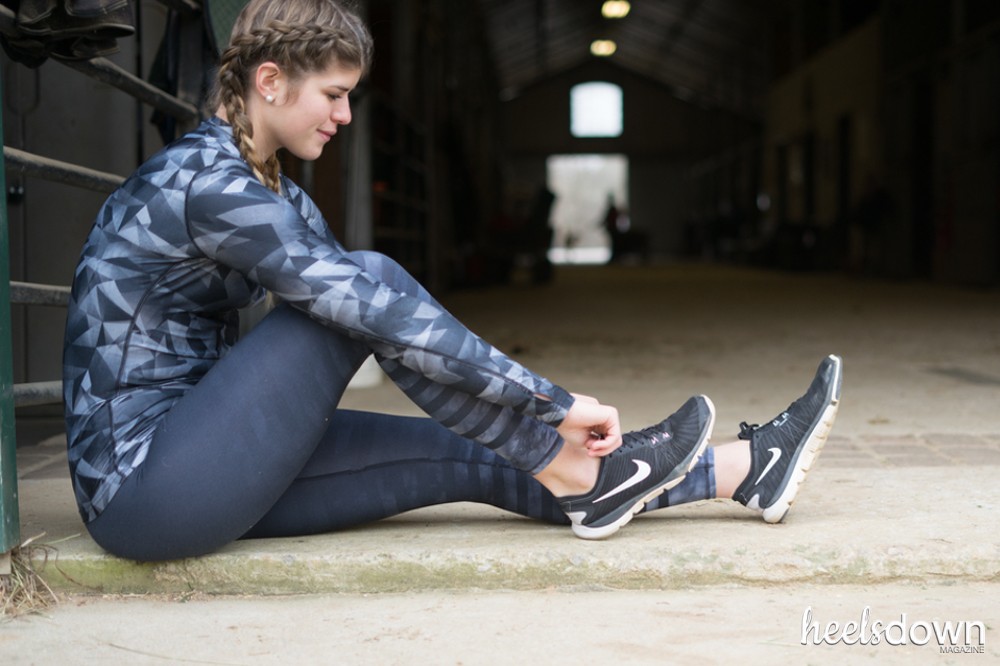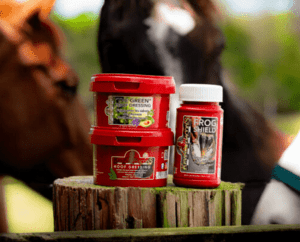Equestrian Fitness: Optimize Your Workouts from Pre to Post-Season

Kathlyn Hossack is a Certified Athletic Therapist and Kinesiologist from…
By Kathlyn Hossack, Certified Athletic Therapist
For most athletes, there is a set off-season, pre-season, and in-season schedule. But for most equestrians, we don’t take time off from training or competing. We just follow the season wherever it goes, which means we have to be pretty smart with our training so we don’t burn out.
Typically, I recommend a generalized strength and mixed cardio program for athletes in the off-season. This is to help recover from any injuries, maintain the body, and stay on track for the upcoming pre-season (6-8 weeks before competition).
As pre-season rolls in, I want that training program to shift to higher intensity strength work and sport-specific cardio. This is to kick the system into high gear. During the competition season we return to maintenance work.
For equestrians, I suggest a condensed version of that schedule. Let’s say you have a month between major competitions.
The first week after a competition I’d recommend low intensity maintenance work – cardio, mobility, and corrective strength work.
Follow this by two weeks of higher intensity focused work on the core, balance, plyometrics (absorbing force work like depth jumps, jump squats, etc.), sport specific cardio (2-5 minute interval training with equal rest), and postural stability work.
The last week in this month or the week leading up to competition should again be focused to mental preparation, mobility and maintenance on strength/balance.
If you have numerous competitions in a row, treat this as your main “in-season”. Maintain your baseline with regular strength work (not intense but not easy either), mobility, and rest and focus your energy on competitions.
Recovery is important here. The key areas to maintain for us are our postural integrity (wall angels, hip strength and mobility, core strength, and upper back mobility and stability) as well as our cardio. Take recovery when you can. As we discussed before, recovery is just as important as a solid training program.
What's Your Reaction?
Kathlyn Hossack is a Certified Athletic Therapist and Kinesiologist from Winnipeg, Manitoba dedicated to helping riders improve their movement.

